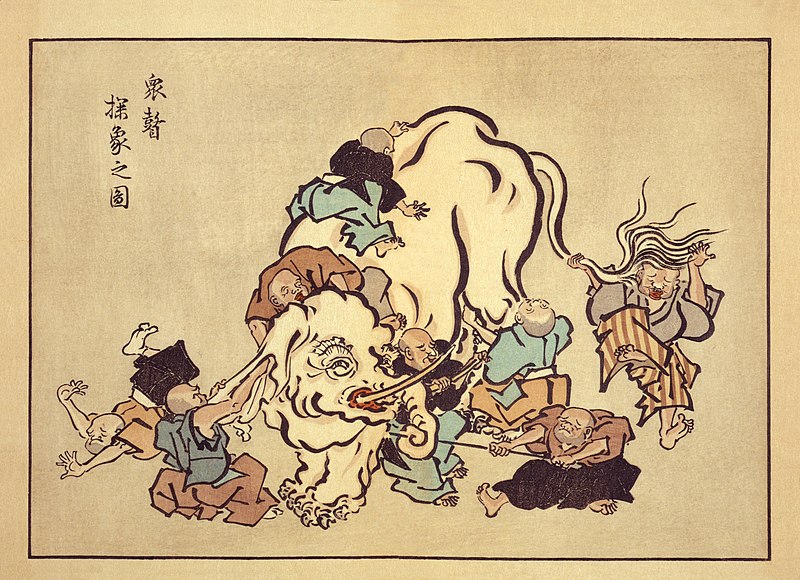 Jonny Baker then began his presentation entitled "an adventure of the imagination." His tag-line is "working out how the gospel connects with our context." Something I echo with as a part of our community at 2021 (which I'll get to later).
Jonny Baker then began his presentation entitled "an adventure of the imagination." His tag-line is "working out how the gospel connects with our context." Something I echo with as a part of our community at 2021 (which I'll get to later).He began by setting up the current [false] dichotomy is worship; Prayer Book Worship vs. Contemporary Worship. Prayer Book Worship, he argues, can dry up, and contemporary worship is razor thin. alt/emerging worshpi attempts to be the 3rd way, a via media, bringing cultural relevence into the tradition and making church out of the stuff of the "real world." I found this interesteing as he talked about the ethos of his community, Grace.
1. Creativity 2. Risk 3. Participation 4. Engagement.
The tie that I felt closely to the 2021 as he actually used our foundational text in his discussion of mission (engagement) in postmodern times. His argument for an incarnational approach (over and ending the imperialistic approach) to mission was based in our text, Jn 20.21 with Jn 1.1 as its backbone. Jn 1.1 in The Message says, "The Word became flesh and moved into the neighborhood." And then in Jn 20.21 Jesus tells his disciples, "As the father sent me [into the neighborhood] so I am sending you." To expect people to come to us is inauthentic to the mission set forth by Christ himself. As Rob Warner of the UK says, "My heart years for the 90% who will not traditionalize to become Christians." All of this, Jonny argues, should be done by way of ritual, relocating God back into the everyday.
As an Anglican, he pointed to the freedom given his own Church Mission Society by ++Rowan calling for a "mixed economy." We need to celebrate what IS working while looking after those for whom it will not speak. "Allowing for the new to walk alongside the old."
The role of clergy in all this, he argues, and I tend to agree, is 1. create space, 2. give permission, and 3. get out of the way. Sounds like the short lived name of this blog - digging up my own foundation.
My thought in the midst of all this, espceially the conversation that followed, that was, on many levels, banal, is this - if you haven't done the theological prep work, you aren't doing anything - you are just doing stuff.
Ed Phillips talked this afternoon about worship as the work of the people. This, I had a hard time following as my Episocpal background rubbed up against the majority United Methodist group gathered here. So, I'll suffice it to say, a lot of what he said is summed up in the Anglican tradition of lex orandi, lex credendi - what you pray shapes what you believe. To say it another way, we come to worship to model, to practice, the life that being a follower of Christ calls us to live every day. Or as Ed said it, "Christian woship ist he way God forms us in the truthful practice of the story of Jesus Christ."
I'll finish this post by talking about the Open Space Conversation process we took part in today, and had to skip today. I don't know where they got this so I can't give you a reference, but here is the basic worksheet.
How it Works
1. You will be invited to take turns generating topics related to the focus question and to announce these to the group.
2. Each topic is written on a piece of paper and posted on a wall along with the time and place to meet.
3. When all topics have been generated, you are invited to select the topics taht you are most interested in.
4. When choosing a topice, consider the following two questions.
a. What topic do I want to explore.
b. What am I passionate about?
5. Participate in the discussion according to the Four Principles and the Law listed below.
Four Principles and Law
1. Whoever comes are the right people - those participants present are the only ones who are here.
2. Whatever happens is the only thing that could have - don't get bogged won by what could've or should've happened; focus on the here and now.
3. When it starts is the the right time - creativity happens when it happens.
4. When it's over, it's over - move on when the conversation loses its steam; make plans for continuing when it needs extending.
The Law of Two Feet - every participant has two feet and must be prepared to use them to move to whatever place he or she can best contribute or learn.
My group was based on a topic I suggested - the art/science of contextualization. We had a great conversation on the dangers of events like this - taking back what we've seen and the books we've bought without critically thinking about what it means to and how it might speak to our communities. I was encouraged by the conversation, and sorry that we missed out on the open space converations today.
Our worship service -communion by numbers - is tonight. I'll let you know about it tomorrow. Also reading lists will be coming soon.
2 comments:
Hi Steve,
I;m just catching up on my reading and my blogging. I am so glad you mentioned the term "mixed economy" and listed the ethos of the Grace community. I had already forgotten about those. It was great meeting you last week, and I will be praying for you 2021 community.
Christ's peace,
Marcy
hey Marcy - good to hear from you. The link I promised you to the baltimore cohort is http://emergentbaltimore.blogspot.com/
You too are in my prayers.
Post a Comment